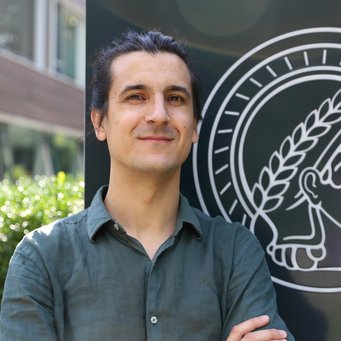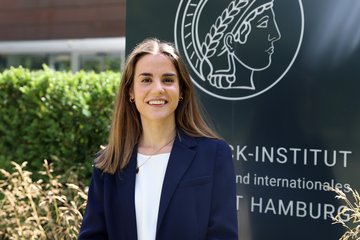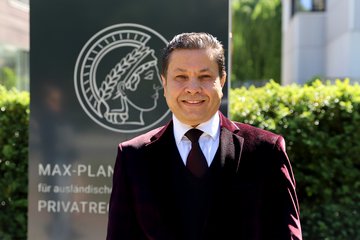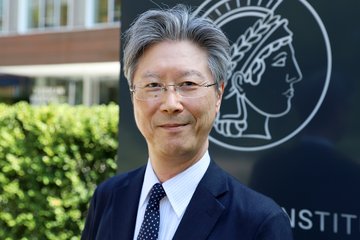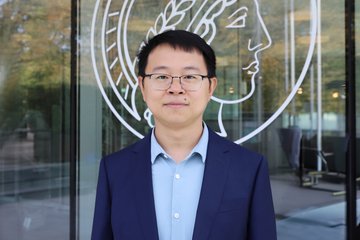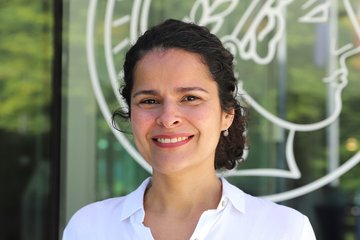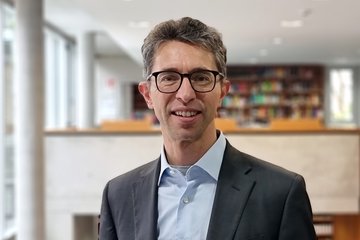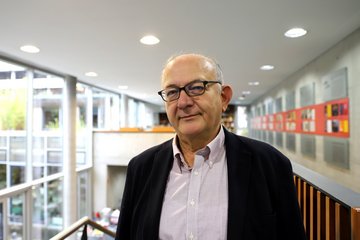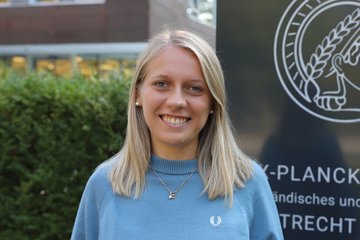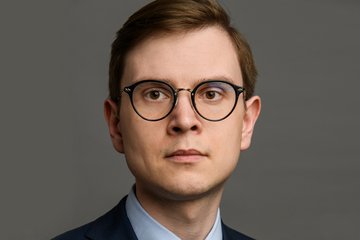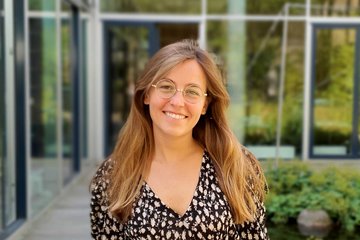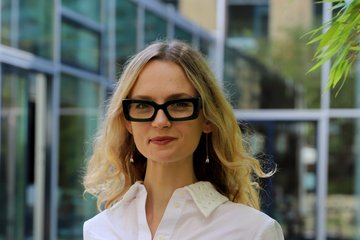A conversation with Joaquín Garrido Martín, Humboldt Research Fellow
Joaquín Garrido Martín holds degrees in law and in philosophy from the University of Seville. He has completed postgraduate studies at the University of Bern and at the European University Institute in Florence. 2017 he obtained a PhD in law from the University of Seville. He has conducted long-term research at Munich, Hamburg, Frankfurt, Heidelberg and Oxford. An assistant professor at Seville University, he teaches Roman law.
What was your research topic during your stay in Hamburg?
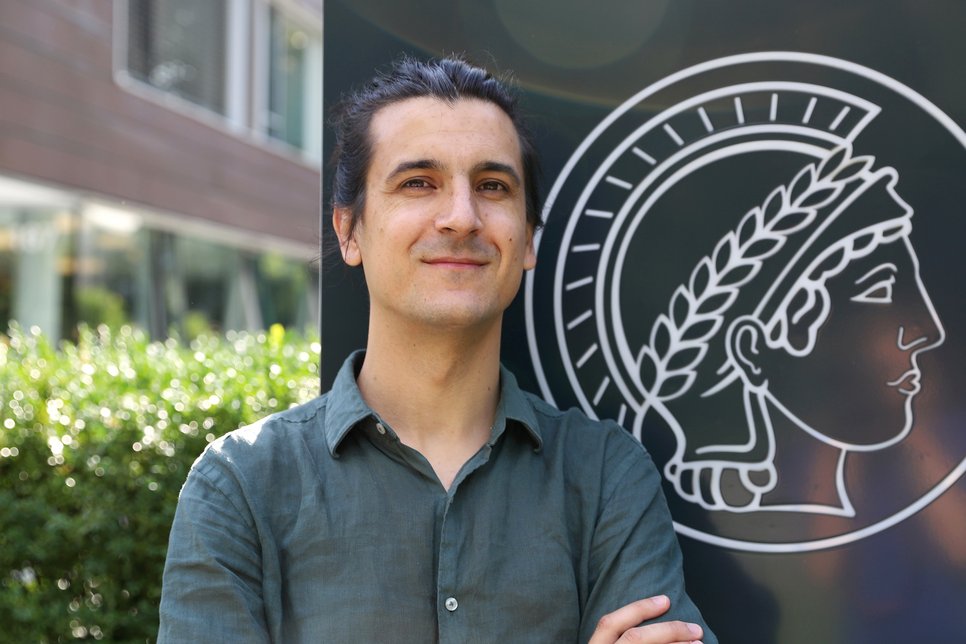
My research stay had a historical focus. I am interested in the methods of Pandektenwissenschaft, as the study of what was known as “modern Roman law” in nineteenth-century Germany is called. The pandectist school of law was remarkably productive and had great international influence. However, our knowledge of it is still somewhat deficient. This is primarily because studies have traditionally focused on its cultural-political dimension rather than on its strictly legal-doctrinal one. I have tried to gain a better understanding of the school’s methods by studying the doctrinal works of the time. Also, I want to find out whether its method of “constructing” legal doctrine, known as Konstruktionsjurisprudenz, was adopted in the rest of the European continent, especially in Spain. So far, we know that there was an intense historical-philosophical reception, but it remains to be examined whether a scientific model or a specific method was also received, especially on the eve of the promulgation of our civil codes at the end of the nineteenth century.
What made you decide to do research at the Institute?
I chose the Institute not just because of its international reputation, but above all because of Reinhard Zimmermann, who is certainly the leading representative of Dogmengeschichte, the history of legal dogmas or institutes. This research approach does not ask so much about the law’s cultural or intellectual past, but more specifically about the line of continuity of legal concepts from Rome to the present day. This line of conceptual continuity is shared by the countries of the European continent that are part of the tradition of ius commune, that is, the pre-codification “common law” in Europe with Roman roots. Reinhard Zimmermann has done intensive research into the study of succession law in a historical-comparative perspective, which is the doctrinal field that I chose to deepen my analysis of the “legal style” of the Pandectists.
How would you describe the Institute to someone who has never been here?
The Institute is the ideal place if one wants to know what modern historical-comparative legal science is and how it should be conducted. Equipped with an excellent library, with holdings from all legal disciplines and from a wide range of cultural traditions, it offers an unparalleled setting for scientific reflection. Also, I had the good fortune to be involved in Reinhard Zimmermann’s research team, which offers an agenda of academic events at the highest level and with great frequency.
Image: © Max Planck Institute for Comparative and International Private Law / Johanna Detering
